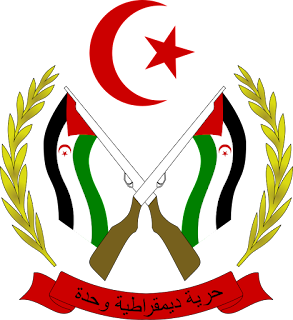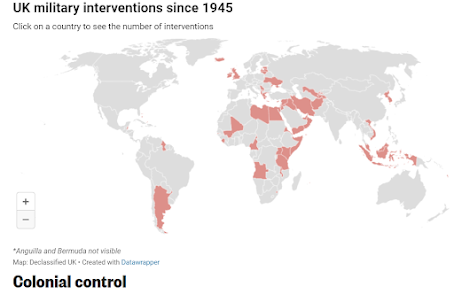
Secret documents reveal for the first time.. Bush and Blair were certain of Iraq's inability to develop weapons of mass destruction two years before the war
Britain recently released documents to the British Cabinet that reveal information about the US-British lies that the two countries told before the invasion of Iraq in 2003.
The documents revealed that London was confident that the allegations of Iraq's possession of any ability to obtain weapons of mass destruction or long-range missiles, at least two years before its invasion, were false.
And the “BBC” considered that these documents are the first of their kind that “proves that the British Prime Minister (at the time) Tony Blair knew that Iraq was devoid of any capabilities to possess prohibited weapons in accordance with United Nations resolutions issued before and after the removal of the Iraqi army from Kuwait in February. 1991, in the aftermath of Operation Desert Storm.
Twenty years after the start of the war, the documents confirm that "the policy of containment and the strict international sanctions imposed on Iraq after the liberation of Kuwait from the occupation of its army in 1991 achieved its goal of preventing Saddam Hussein from developing weapons that were not permitted."
The documents refer mainly to the effectiveness of British military, arms and technological sanctions in the context of a review conducted by the Blair administration in 2001 of the US-British policy on Iraq, and this review was agreed upon during the first visit of the British Prime Minister to Washington after the inauguration of George Bush Jr., as US President.
The documents confirm that (at the time) Britain offered the Bush administration a new policy called “a contract with the Iraqi people” aimed at obtaining support, especially from the countries and peoples of the Arab region, for the US-British policy in dealing with Iraq.
The review clearly confirmed, according to the documents, that “without the containment policy that we follow, it was likely that Iraq would now possess a long-range missile capable of reaching Britain and Europe, as well as chemical, biological and nuclear warheads for such a weapon (the missile).”
She pointed out that the United Nations ban on Iraq manufacturing missiles with a range not exceeding 150 kilometers "is a major restriction that prevents it from developing such a missile."
The documents say that "the Blair administration sought to communicate effectively with the French to persuade them to include elements of the contract with the Iraqi people in any statements issued to promote our new approach at the United Nations."
The review suggested that “we may inform major Arab countries such as Egypt, Saudi Arabia and Kuwait about the new approach in order to issue supportive statements.”


















































